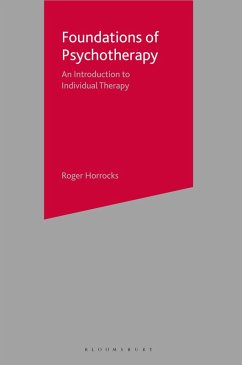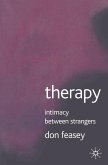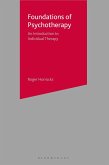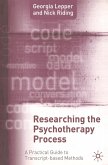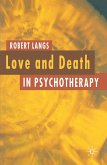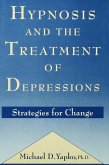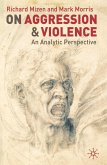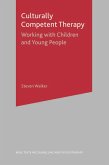This book provides a comprehensive and clear survey of the major theoretical schools of psychotherapy - including Freudian, Jungian, humanistic and cognitive. There is also some consideration of the impact of new discoveries in neuroscience upon psychotherapy, and of the status of psychotherapy as a profession.
The book also provides a concrete, detailed and hands-on introduction to working with clients, with many vivid and helpful vignettes from actual sessions. Many practical issues are covered, including:
- How the setting for therapy can become a safe and secure container.
- Ways in which the therapist/client relationship can be used an invaluable tool in therapy.
- How client negativity can be handled.
- Methods for dealing with the difficult or disturbed client.
The book also covers more controversial issues such as the authentic relationship, the role of the body in therapy, and the therapist's own self-disclosure.
This book is an essential introduction to psychotherapy for all trainee psychotherapists.
Hinweis: Dieser Artikel kann nur an eine deutsche Lieferadresse ausgeliefert werden.
The book also provides a concrete, detailed and hands-on introduction to working with clients, with many vivid and helpful vignettes from actual sessions. Many practical issues are covered, including:
- How the setting for therapy can become a safe and secure container.
- Ways in which the therapist/client relationship can be used an invaluable tool in therapy.
- How client negativity can be handled.
- Methods for dealing with the difficult or disturbed client.
The book also covers more controversial issues such as the authentic relationship, the role of the body in therapy, and the therapist's own self-disclosure.
This book is an essential introduction to psychotherapy for all trainee psychotherapists.
Hinweis: Dieser Artikel kann nur an eine deutsche Lieferadresse ausgeliefert werden.

